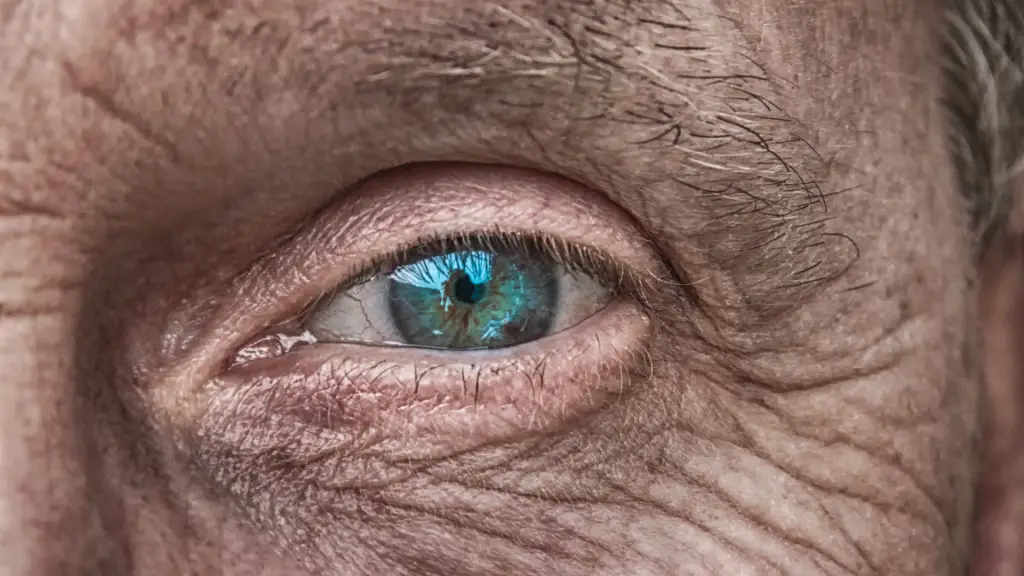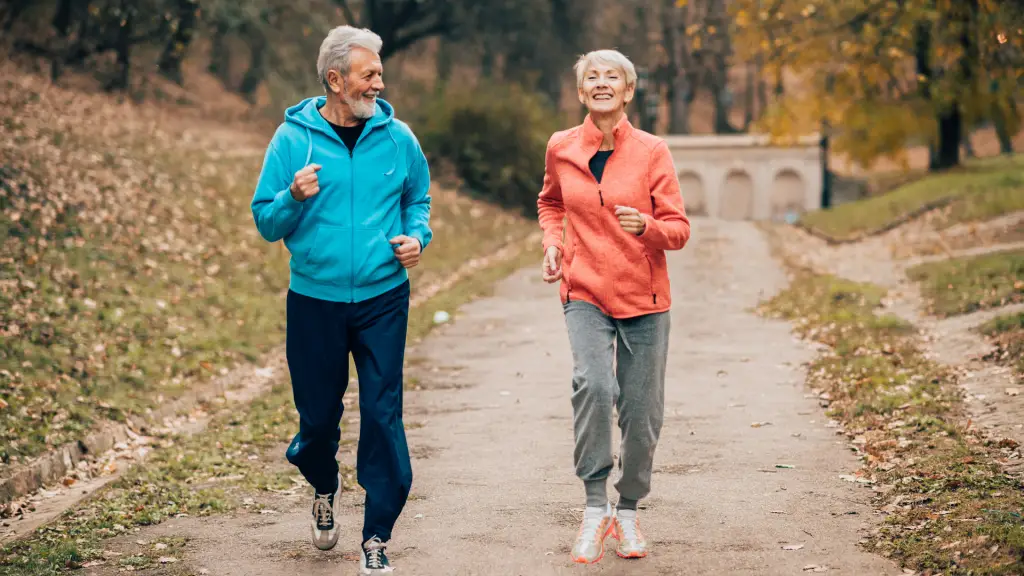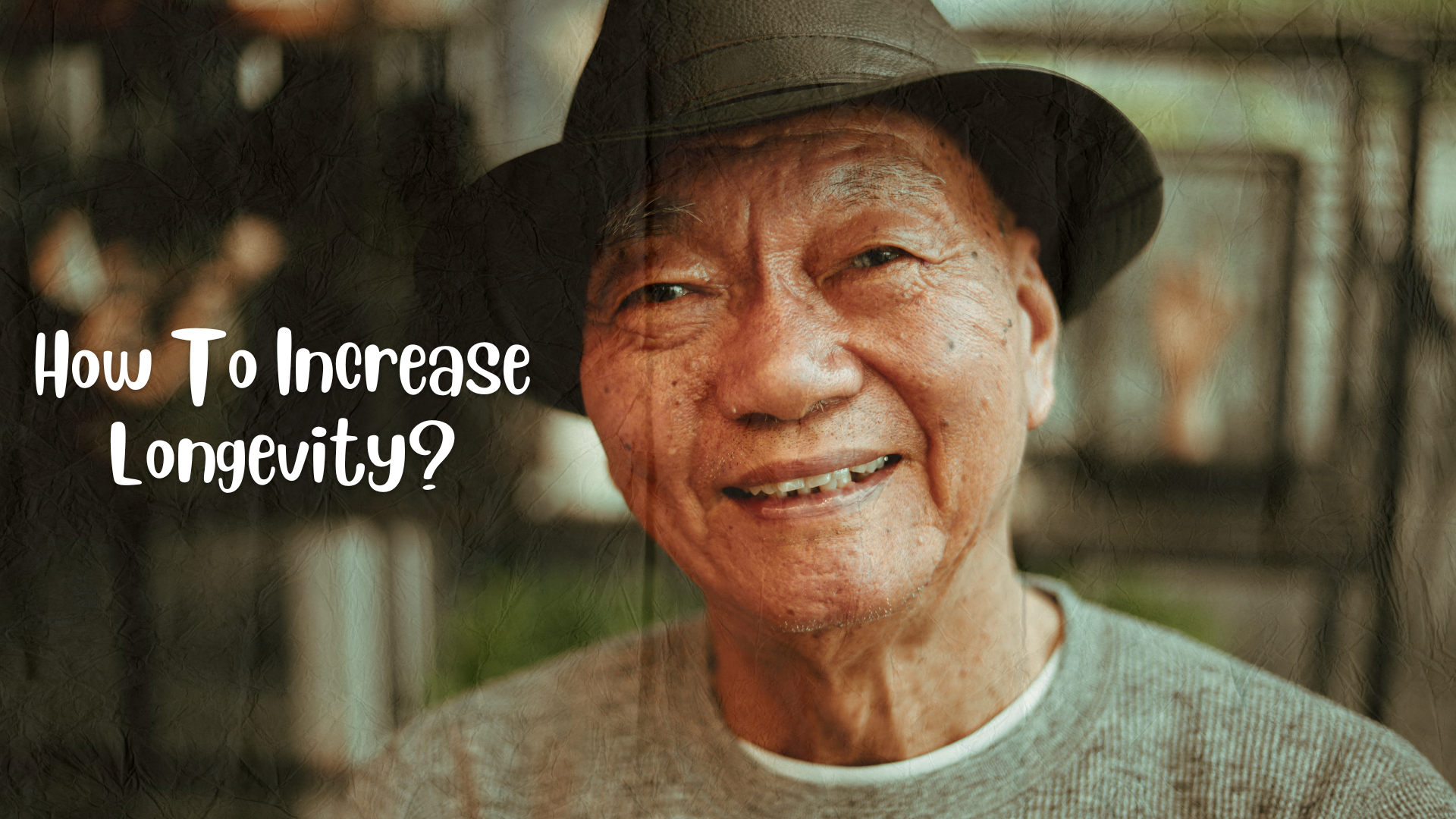Humans have been trying to find the secrets to a long life since the dawn. While no one answer fits everyone, there are certain things you can do to give yourself a better chance at a longer life.

We all want to live a long and healthy life, but sometimes it feels like the deck is stacked against us. We can’t control our genes; as we age, our bodies start to break down. But there are things we can do to increase our chances of a long life.
This article will explore some things you can do to increase your longevity. But first, let’s show you Jeanne Calment’s legacy.
Jeanne Calment’s Story:

Jeanne Calment was born in 1875 and lived to be 122 years old, the oldest person ever documented. She attributed her long life to drinking port wine and eating lots of chocolate. She also consumed cigarettes daily. Jeanne lived through some of the most meaningful events of the 20th century, including world wars and the Great Depression. She also met Vincent Van Gogh!
So what can we learn from Jeanne Calment? First, enjoying life and not taking things too seriously is essential. Second, a healthy diet is important, but did she follow that? There’s no need to deprive yourself of the foods you love. And finally, don’t stress the little things – they’re not worth your time or energy.
Diet:

A recent study published in the journal Cell found that specific dietary changes could lead to a longer life.
The study, conducted by Harvard and MIT researchers, looked at the diets of over 100,000 people and found that those who ate a primarily plant-based diet with healthy fats, proteins, and carbohydrates lived an average of four years longer than those who didn’t.
So what does this mean for you? To live a long and healthy life, focus on eating whole foods that are minimally processed. Fill your plate with fruits and vegetables, whole grains, and lean protein sources like beans, nuts, and fish. And don’t forget the healthy fats! Olive oil, avocados, and coconut oil are all great choices.
Exercise:

The benefits of exercise are well-documented. Regular physical activity can improve your mood, increase your energy level, help you sleep better, and even reduce your risk of chronic diseases such as heart disease, stroke, and diabetes.
But did you know that exercise can also help you live longer? In a large-scale study of over 650,000 adults, researchers found that those who engaged in regular physical activity had a 20 percent lower risk of death from all causes than those who were inactive.

So how much exercise do you need to reap the longevity benefits? The good news is that you don’t have to go overboard. Just moderate amounts of activity—30 minutes a day for five days a week—can make a difference. And it doesn’t have to be all at once; three 10-minute walks spread throughout the day will do the trick.
Sleep:

A good night’s sleep is essential for a long and healthy life. According to the National Sleep Foundation, adults should aim for 7-8 hours of sleep per night.
You can do a few things to ensure you get a good night’s sleep. First, establish a regular sleep schedule and stick to it as much as possible. This means going to bed and waking up at the same time each day, even on weekends.

Second, create a relaxing bedtime routine that will help you wind down before going to sleep. This might include taking a warm bath or reading a book.
Third, make sure your bedroom is dark, quiet, and cool. This will help your body relax and fall asleep more easily.
Following these tips can improve your chances of getting a good night’s sleep and living a long and healthy life.
Stress Reduction:

Longevity refers to the length of time a particular species can live and produce offspring. In humans, longevity is measured by the maximum lifespan, the most extended period a human can live. Many factors contribute to longevity, including genetics, lifestyle, diet, and environment.
One of the most important things you can do for your health is to manage stress. Stress wreaks havoc on the body and has been linked to numerous health problems, including heart disease, high blood pressure, anxiety, depression, digestive issues, and sleep disorders. Reducing stress can help you live a longer, healthier life.

There are many ways to reduce stress. One way is to exercise regularly. Exercise releases endorphins that improve mood and reduce stress levels. Another way to reduce stress is to spend time with friends and loved ones.
Conclusion:

There are many things that you can do to increase your lifespan. Some of the most important things include eating a healthy diet, exercising regularly, and getting enough sleep. You should also avoid smoking and drinking alcohol in excess. If you follow these simple tips, you will be well to living a long and healthy life.
